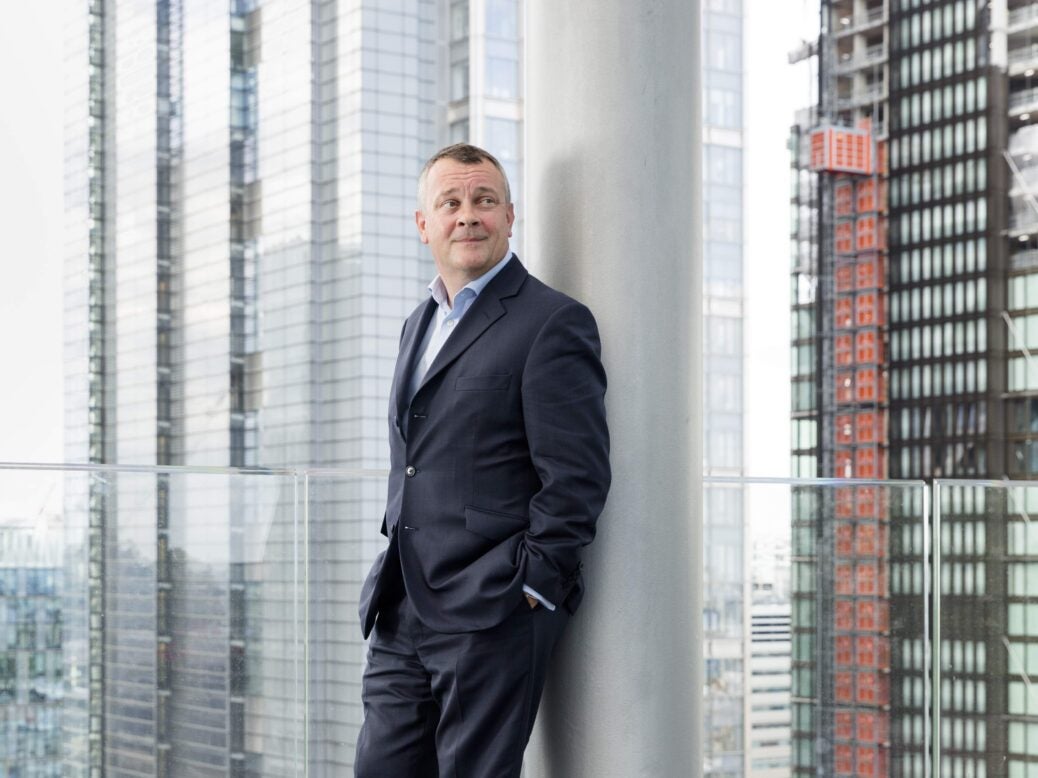
The chairman of PIDG explains how blended finance can transform communities. Interview by Renu Sabherwal
I’ve been a banker in African and Asian emerging markets for over 20 years. That is how I first came across Private Infrastructure Development Group (PIDG). Governments were asking: ‘How do you provide infrastructure and services to help fragile states that are recovering from disease, armed conflict or natural disaster, when mainstream financial institutions won’t lend in such high-risk places?’ The answer was blended finance, using public aid finance, and development knowledge and expertise to mobilise private sector money.
Blended finance is now a buzzword, but it was back in 2002 that DfID first agreed to invest $100 million equity in PIDG. This galvanised banks to put in another $120 million to finance projects in sub-Saharan Africa. I was sceptical, but early projects proved that you can use public sector money to catalyse private sector investment in African infrastructure – and deliver projects that make a tangible difference to people’s lives. If you give people access to clean water and electricity, you are giving them a route to education, which in turn leads to employment. The public sector actors weren’t just putting up equity but were transferring their technical expertise, skills and knowledge into these economies, and the banks would make a return on their capital, while it was being used to transform economies and lives.
At PIDG, we operate at the frontier, we do what other people don’t do or can’t do yet – and the ‘yet’ is important, because our belief is that the private sector will do so if we can build confidence that a project will be financed and built. You can see PIDG in action in Kalangala on Bugala island in Lake Victoria, Uganda. The ferries to and from the mainland were unsafe and overcrowded, leaky and dangerous, the roads were unpaved and the electricity supply was intermittent, so there was very little economic activity beyond agriculture. The project improved the roads and created a regular and safe ferry service from the mainland. This increased the frequency of connections to the island, which in turn created more employment; better roads made it easier to travel around the island, and the supply of a decent electricity service generated a level of economic activity that wasn’t there beforehand.
I remember what struck me as I was talking to one woman, who was now able to run a hairdressing salon – because they had enough traffic, people had enough money to pay for it, and she had electricity to run the shop. It’s a business that affects wellbeing and has given her a livelihood.
PIDG draws philanthropic and private investors in and withdraws once investment gains momentum. A lot of private sector money poured into large-scale telecoms networks in Africa where we were no longer needed, but it’s imperative that we still get involved in a telecoms project in rural Pakistan that gives women access to a mobile literacy programme, and which can be replicated in other communities.
The challenge is so large in terms of bridging the gap in countries where there is no infrastructure at all, but also in the sort of infrastructure that gets us to a more sustainable future. The ideal would be to only invest in renewables, but where there is no viable lower-carbon alternative, a gas power plant can enable economic growth and reduce poverty for communities that have little or no access to a regular energy supply.
There are many ways to engage with us, in partnerships or investing in the individual facilities. This is about people who want to be a part of the journey of transformation.
Web: pidg.org
Related…







